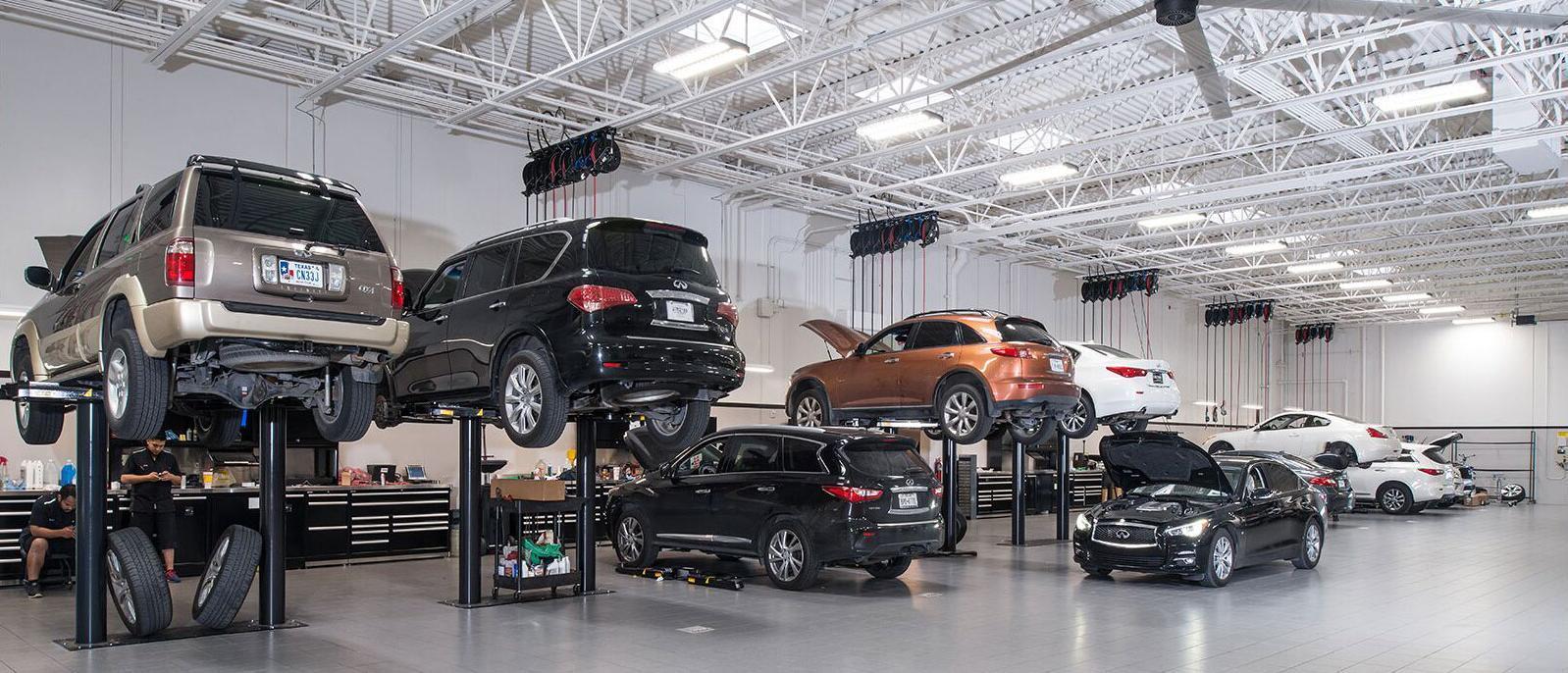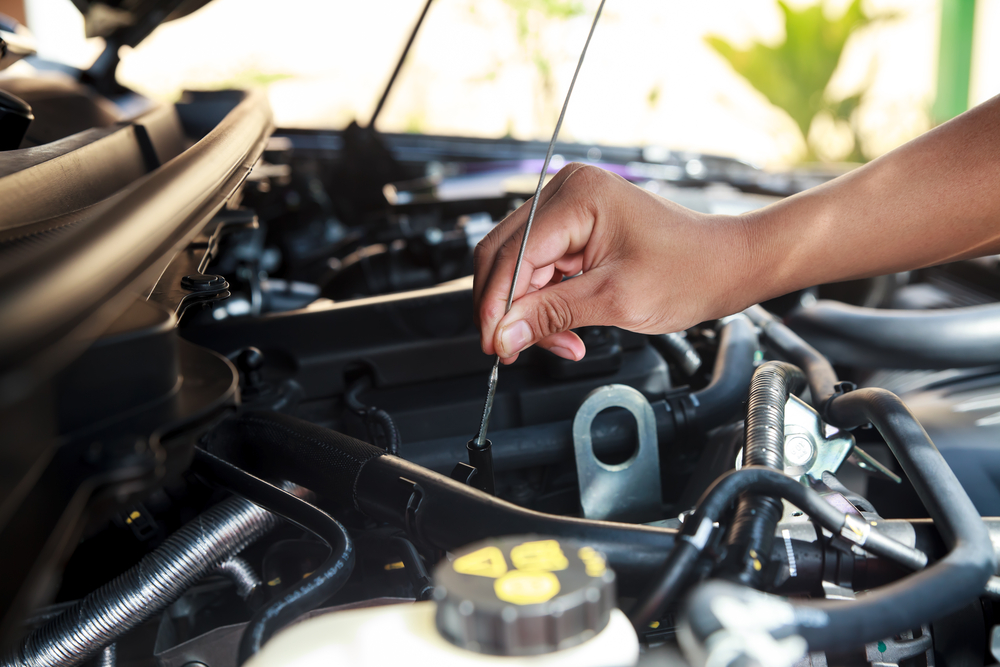All Categories
Featured
The timing belt is a vital element of your engine, in charge of synchronizing the motion of numerous engine components, such as the crankshaft and camshaft. This ensures the engine's shutoffs close and open at the proper times throughout the combustion cycle. While the timing belt might not be something you consider often, ignoring its maintenance can lead to substantial engine damages and pricey repair work. Right here's why timing belt substitute is crucial for your automobile's longevity and performance.
What Is a Timing Belt and Exactly How Does It Function? The timing belt is a rubber or composite material belt that attaches the crankshaft to the camshaft in an inner combustion engine. The camshaft regulates the opening and closing of the engine's consumption and exhaust valves, and it needs to be timed flawlessly with the motion of the pistons in the engine. The timing belt makes sure that these components remain in sync, enabling the engine to run efficiently.
If the timing belt stops working or comes to be worn, the camshaft and crankshaft will no much longer be integrated, which can trigger the engine's valves to hit the pistons. This results in devastating engine damages and often needs costly fixings or perhaps an engine substitute.
Why Is Timing Belt Replacement Important? In time, the timing belt can wear down as a result of friction, heat, and basic engine wear. While it may seem like a small concern, a faulty timing belt can result in major engine problems. Here's why timely substitute is essential:
Protecting Against Engine Damage: As pointed out, a broken or slipping timing belt can create the engine's pistons and shutoffs to collide. This results in curved shutoffs, harmed pistons, and in extreme instances, a full engine failure. Replacing the timing belt before it damages can avoid this pricey damage.
Preserving Engine Efficiency: A worn-out timing belt can interrupt the synchronization of the engine elements, decreasing overall engine performance. Changing the belt aids maintain ideal engine function, making certain smooth procedure, boosted fuel performance, and much better performance.
Staying Clear Of Unforeseen Breakdown: A busted timing belt can leave you stranded on the side of the road, causing a major inconvenience. By replacing the timing belt at the advised intervals, you can stay clear of the danger of an unanticipated breakdown, specifically in the middle of a long journey or when you the very least expect it.
![]()
Saving Cash in the future: While timing belt replacement can look like an expense you may wish to avoid, it's much less costly than the cost of fixing or replacing a harmed engine. If the timing belt breaks, the replacement expense is fairly affordable contrasted to the comprehensive fixings called for. Proactive upkeep can conserve you countless dollars in fixings and protect your lorry's value.
When Should You Change the Timing Belt? The timing belt replacement schedule can differ depending on your vehicle's make and version. In basic, most suppliers suggest replacing the timing belt every 60,000 to 100,000 miles. However, it's constantly best to consult your proprietor's guidebook or a trusted auto mechanic for particular suggestions for your lorry.
Indicators that your timing belt may want replacement consist of uncommon engine noises such as whining or ticking, problem starting the engine, or a noticeable reduction in engine performance. It's vital to have the timing belt examined promptly. if you experience any of these signs and symptoms.
![]()
Verdict. Replacing the timing belt at the suggested periods is a key component of keeping your engine's health and guaranteeing that your vehicle runs efficiently. A broken timing belt can lead to expensive repair services, engine failure, and unexpected failures, which can be avoided with proper maintenance.
What Is a Timing Belt and Exactly How Does It Function? The timing belt is a rubber or composite material belt that attaches the crankshaft to the camshaft in an inner combustion engine. The camshaft regulates the opening and closing of the engine's consumption and exhaust valves, and it needs to be timed flawlessly with the motion of the pistons in the engine. The timing belt makes sure that these components remain in sync, enabling the engine to run efficiently.
If the timing belt stops working or comes to be worn, the camshaft and crankshaft will no much longer be integrated, which can trigger the engine's valves to hit the pistons. This results in devastating engine damages and often needs costly fixings or perhaps an engine substitute.
Why Is Timing Belt Replacement Important? In time, the timing belt can wear down as a result of friction, heat, and basic engine wear. While it may seem like a small concern, a faulty timing belt can result in major engine problems. Here's why timely substitute is essential:
Protecting Against Engine Damage: As pointed out, a broken or slipping timing belt can create the engine's pistons and shutoffs to collide. This results in curved shutoffs, harmed pistons, and in extreme instances, a full engine failure. Replacing the timing belt before it damages can avoid this pricey damage.
Preserving Engine Efficiency: A worn-out timing belt can interrupt the synchronization of the engine elements, decreasing overall engine performance. Changing the belt aids maintain ideal engine function, making certain smooth procedure, boosted fuel performance, and much better performance.
Staying Clear Of Unforeseen Breakdown: A busted timing belt can leave you stranded on the side of the road, causing a major inconvenience. By replacing the timing belt at the advised intervals, you can stay clear of the danger of an unanticipated breakdown, specifically in the middle of a long journey or when you the very least expect it.

Saving Cash in the future: While timing belt replacement can look like an expense you may wish to avoid, it's much less costly than the cost of fixing or replacing a harmed engine. If the timing belt breaks, the replacement expense is fairly affordable contrasted to the comprehensive fixings called for. Proactive upkeep can conserve you countless dollars in fixings and protect your lorry's value.
When Should You Change the Timing Belt? The timing belt replacement schedule can differ depending on your vehicle's make and version. In basic, most suppliers suggest replacing the timing belt every 60,000 to 100,000 miles. However, it's constantly best to consult your proprietor's guidebook or a trusted auto mechanic for particular suggestions for your lorry.
Indicators that your timing belt may want replacement consist of uncommon engine noises such as whining or ticking, problem starting the engine, or a noticeable reduction in engine performance. It's vital to have the timing belt examined promptly. if you experience any of these signs and symptoms.

Verdict. Replacing the timing belt at the suggested periods is a key component of keeping your engine's health and guaranteeing that your vehicle runs efficiently. A broken timing belt can lead to expensive repair services, engine failure, and unexpected failures, which can be avoided with proper maintenance.
Latest Posts
Uncover the Premier Auto Repair Offers in Montclare, Chicago
Published May 28, 25
1 min read
Improve Your Residential Property with Expenses Door Solution
Published May 23, 25
1 min read
Discover Reduce Expenses on Car Maintenance with Montclare Auto Repair’s Special Deals
Published May 18, 25
1 min read